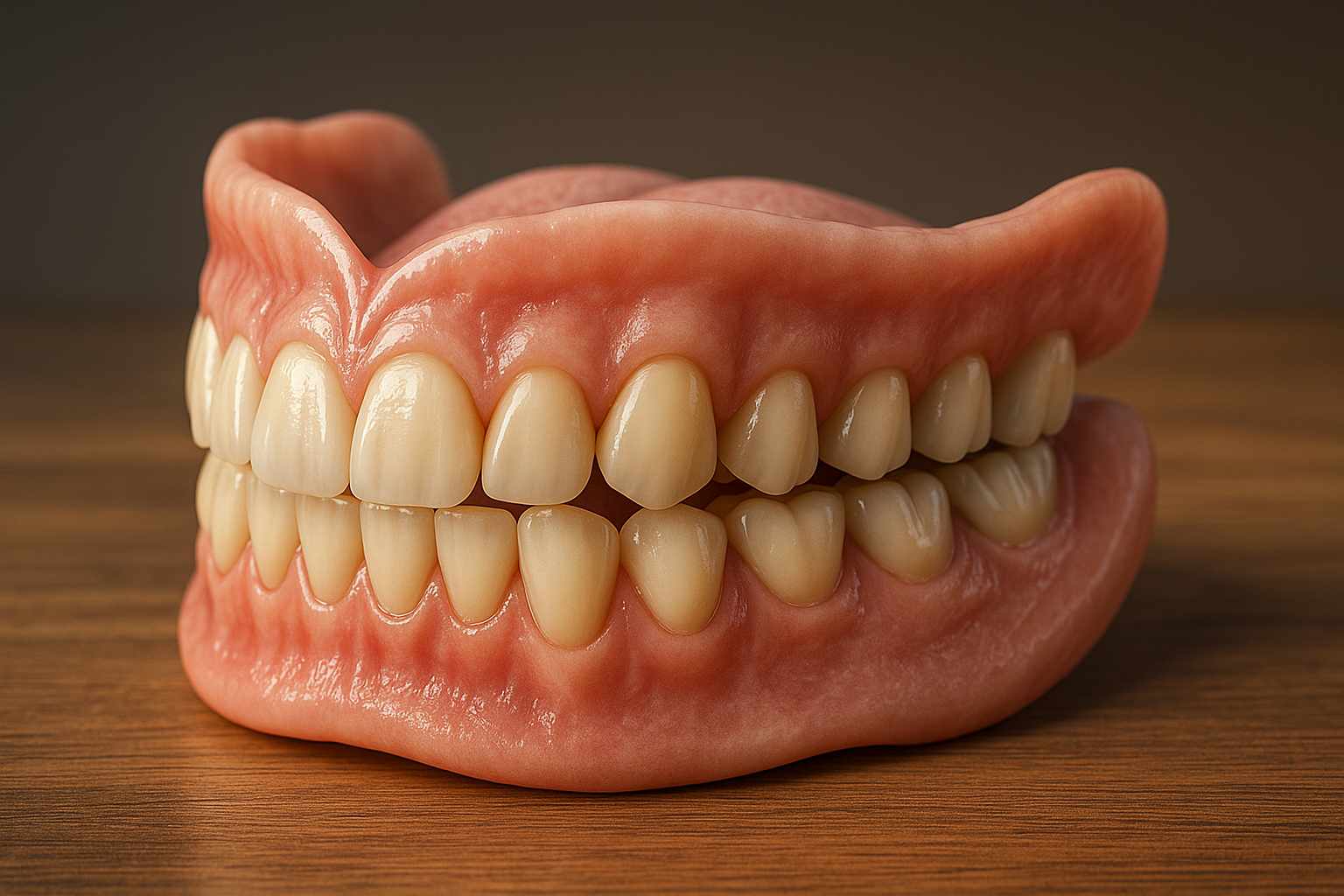Types of Dentures for Seniors
Dentures come in various types, designed to cater to different needs and preferences. The most common types are complete dentures, partial dentures, and implant-supported dentures.

Complete dentures replace an entire set of teeth, while partial dentures are used when some natural teeth remain. They are usually fastened using metal attachments or clasps. Implant-supported dentures, on the other hand, are anchored into the jawbone, offering more stability. Understanding these options, seniors can choose what best suits their dental health and lifestyle.
The Medicare Coverage for Dentures
Medicare provides essential health coverage for individuals over 65, but understanding what's covered can be a bit confusing, especially in dental care. Original Medicare (Part A and Part B) typically doesn’t cover routine dental services, including dentures. However, there can be exceptions. For instance, if a dental service is required as part of a covered procedure, it might be paid for by Medicare. Additionally, some Medicare Advantage plans (Part C) offer dental benefits, including coverage for dentures. Seniors can benefit from reviewing different plans during open enrollment to find coverage that includes dental care.
The Denture Fitting Process
Getting dentures is not just about selecting the right type; it also involves a fitting process that ensures comfort and effectiveness. Initially, a dental impression is taken to create a mold of the mouth. This is followed by try-ins to adjust the fit, shape, and color, ensuring the dentures look natural. Once the final dentures are ready, the dentist will make necessary adjustments to ensure a perfect fit. Properly fitted dentures should not cause pain or discomfort. Seniors should see their dentists for regular check-ups to make necessary adjustments, ensuring the dentures fit well and function effectively over time.
Maintenance and Care for Dentures
To extend the life of dentures and maintain oral health, proper care is essential. Dentures should be cleaned daily using a soft-bristle toothbrush and non-abrasive denture cleanser. They should be kept moist when not worn to prevent them from drying out or losing their shape. It’s also important to rinse dentures after meals to remove food particles and prevent plaque build-up. Regular check-ups with a dentist are critical to maintaining proper fit and function. Dentists can also check for any signs of wear that may necessitate repairs or adjustments.
Benefits of Dentures for Seniors
For seniors, dentures offer more than just aesthetic advantages. They enable better chewing and digestion by restoring dental function, improving nutrition, and preventing other oral health issues like gum infections. Moreover, dentures support facial muscles, maintaining a more youthful appearance. Additionally, well-fitted dentures can enhance speech, providing seniors with greater confidence in social interactions. By allowing seniors to enjoy a variety of foods and communicate effectively, dentures significantly improve the quality of life.
Barriers and Solutions in Accessing Dentures Through Medicare
While Medicare offers many benefits, there are challenges in accessing dentures without sufficient coverage. For seniors, the cost can be a significant barrier. However, options such as purchasing additional dental coverage through a Medicare Advantage plan or looking into state-sponsored dental programs specifically for seniors can help. Some dental schools offer services at reduced costs, providing an affordable solution for those in need. Moreover, initiatives like dental savings plans offer discounts on dentures and other services for a yearly fee.
Conclusion
Understanding dentures and Medicare coverage is crucial for seniors seeking effective and affordable dental care. By exploring different types of dentures and utilizing available Medicare options, seniors can maintain their oral health, enhancing their overall quality of life. Regular dental check-ups and diligent maintenance are paramount in enjoying the benefits that well-fitted dentures can bring.
For more information on denture care and Medicare coverage, consider reviewing resources from the Medicare official site and American Dental Association.

